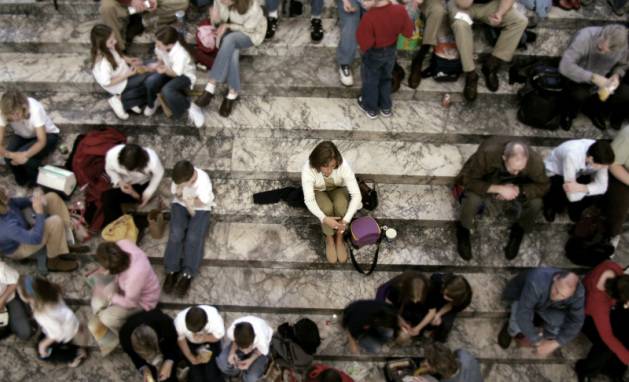For people suffering from anxiety or depression disorders, being around people may not help fight loneliness. Perhaps you’ve noticed that at times inviting someone to a party isn’t sufficient to get them out of their gloom. It, therefore, appears that being around people isn’t enough sometimes.
Loneliness is a preeminent issue in a person’s life and those around them. It has a connection with depression and other mental illnesses, including suicide. Most people suffering from loneliness are afraid to speak up, making it even more dangerous. People should be aware that loneliness is not the same as solitude. While being alone doesn’t make a person feel lonely, solitude can be a welcome break and sometimes a preferred lifestyle.
Researchers from the United Kingdom studied the effects of social support on loneliness and had some remarkable results. They asked about feelings of loneliness, their symptoms of mental illness, and finally, their social participation and social support.
They found that social support and participation help fight loneliness in most people, but not those suffering from anxiety or depression. These results are crucial since many therapists suggest engaging in social events to treat anxiety and depression problems.
It’s more important to consider the thoughts of people suffering from depression and anxiety as they mingle with others. These thoughts and worries may interfere with the gains of being in the group. For instance, a person might be so down that they see every person in the group as rejecting them. For such a person, being in a social event might not be beneficial.
In conclusion, it is possible to check and change how people think in social situations. Therapy has proven to help overcome negative attitudes and emotions. Once the disturbing thoughts are controlled, social gatherings will again benefit from dispelling feelings of loneliness.
By Dr. Syras Derksen
Winnipeg Psychologist
References:
Meltzer, H., Bebbington, P., Dennis, M. S., Jenkins, R., McManus, S., & Brugha, T. S. (2013). Feelings of loneliness among adults with a mental disorder. Social Psychiatry Psychiatric Epidemiology, 48, 5-13.


Well I sincerely enjoyed reading it. This information procured by you is very practical for proper planning.